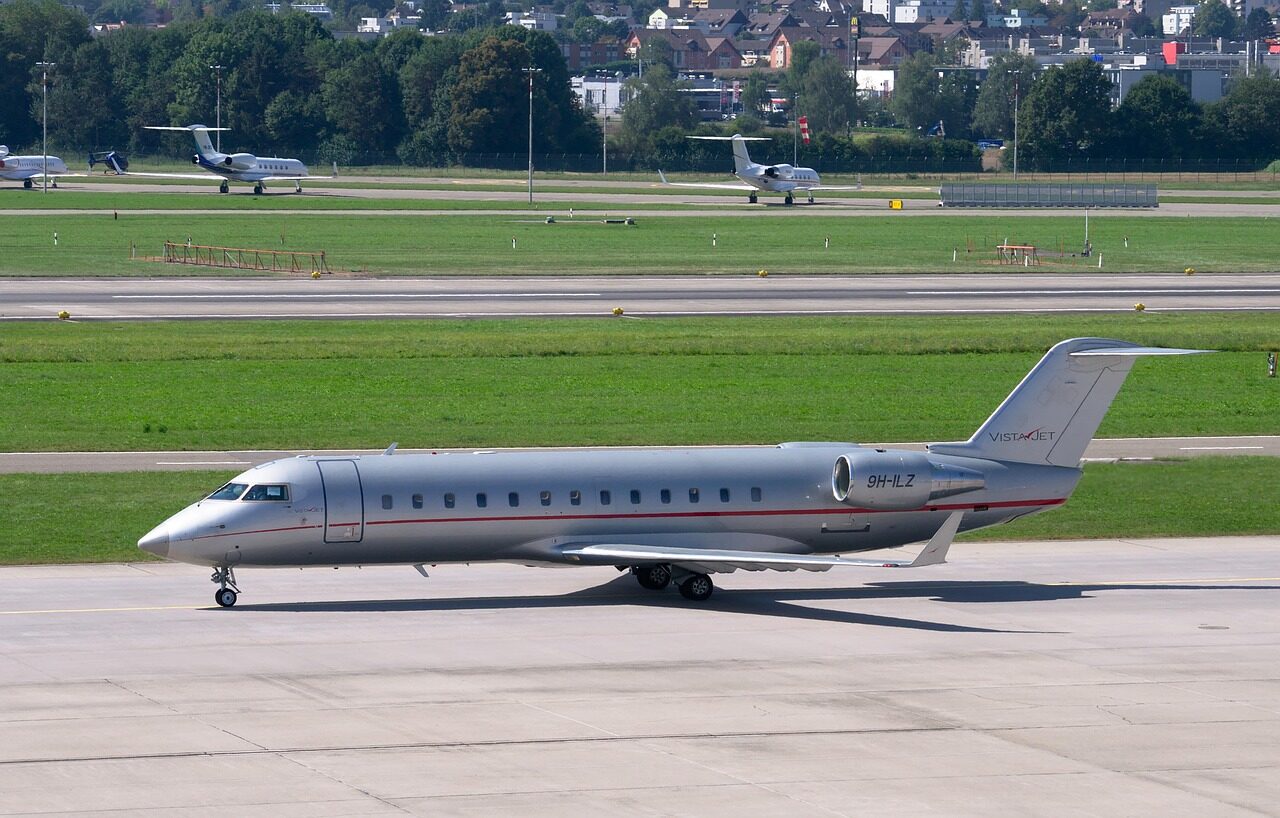In a groundbreaking development that promises to reshape the future of air travel, Swiss Airlines has taken delivery of its first batch of solar-energy produced jet fuel, marking a pivotal moment in the global quest for sustainable aviation solutions. This innovative leap represents more than a technological achievement—it’s a profound reimagining of how airlines can combat climate change.
Beyond Conventional Fuel: A Technological Marvel
The initial delivery from Synhelion, a clean-technology specialist, arrives as a 190-litre barrel of synthetic crude oil, produced at the Dawn plant near Cologne. While the quantity might seem modest—representing just 7% of fuel required for a Hamburg-Zurich flight—the symbolic significance is immense. Drawing from advanced sustainable aviation technologies, this fuel represents a critical step towards decarbonizing the aviation industry.
The innovative process begins with solar energy generation, transforming sunlight into synthetic crude oil. This crude oil undergoes refinement in northern Germany, ultimately being processed into Jet-A1 fuel suitable for flight operations. The entire process represents a remarkable demonstration of how renewable energy can be directly integrated into aviation’s complex fuel ecosystem.
Strategic Partnerships: Driving Technological Innovation
Swiss Airlines’ commitment extends beyond this single delivery. The carrier has taken a financial stake in Synhelion, alongside aircraft manufacturer Pilatus, signaling a long-term strategic commitment to sustainable aviation technologies. This partnership represents a collaborative approach to addressing one of the most significant challenges facing modern aviation.
Independent analysis confirms that fuels from the Dawn facility can achieve a remarkable 70% reduction in greenhouse gas emissions compared to traditional kerosene. This substantial environmental benefit aligns perfectly with global efforts to reduce aviation’s carbon footprint.
Swiss Airlines’ Chief Executive Jens Fehlinger captures the moment’s significance: “This is the first time that solar fuel has been used in civil aviation.” Synhelion’s co-chief Philipp Furler echoes this sentiment, describing the delivery as a concrete step towards scaling solar fuel technology globally.
Future Outlook: Commercialization and Expansion
The company envisions commercial market entry for solar-powered aviation fuel by 2027. This timeline represents an ambitious yet achievable goal, showcasing the rapid progression of sustainable aviation technologies. The next critical steps involve driving forward the sustainability certification of both the production process and the fuel itself.
This breakthrough goes beyond a single airline’s initiative. It represents a potential paradigm shift in how the aviation industry approaches energy production. The future of aviation is being written through innovations like these, which challenge traditional assumptions about fuel and sustainability.
Technological and Economic Considerations
The solar-powered jet fuel initiative demonstrates how technological innovation can simultaneously address environmental challenges and create new economic opportunities. It represents a convergence of renewable energy, aerospace engineering, and sustainable business practices.
Swiss Airlines’ solar fuel delivery is more than a technological milestone—it’s a beacon of hope, showing that sustainable aviation is not just a distant dream, but an achievable reality.
Author
-
Radu Balas: Author
Pioneering the intersection of technology and aviation, Radu transforms complex industry insights into actionable intelligence. With a decade of aerospace experience, he's not just observing the industry—he's actively shaping its future narrative through The Flying Engineer.
View all posts Founder
















